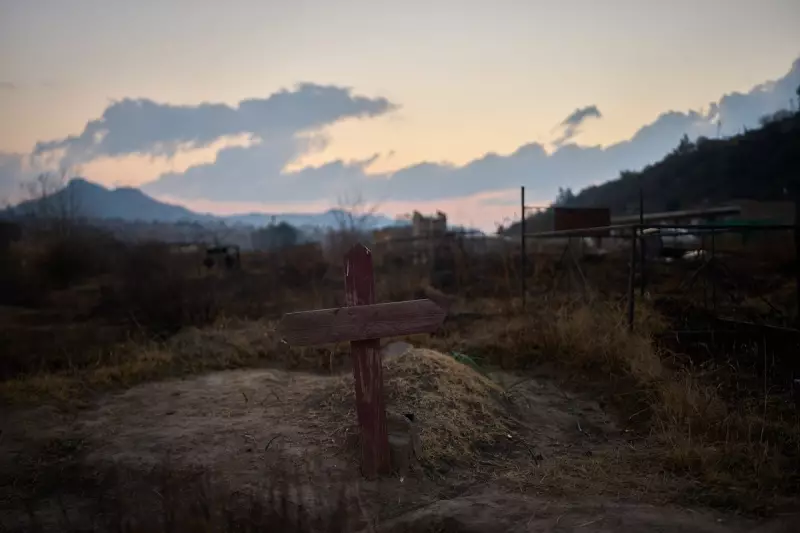
In a startling revelation that has sent shockwaves through the global health community, the mountain kingdom of Lesotho continues to grapple with one of the world's most severe HIV epidemics. According to a comprehensive new UNAIDS report, this small southern African nation faces unprecedented challenges in combating the virus.
A Nation in Crisis
The statistics paint a grim picture: approximately one in four adults in Lesotho are living with HIV, giving the country the second-highest prevalence rate globally. Behind these alarming numbers lies a complex web of social, economic, and political factors that have created a perfect storm for the disease's persistence.
The Takeaway Culture Connection
Health experts point to an unexpected culprit in the spread of HIV: the proliferation of fast-food outlets and takeaways. These establishments have become unlikely hubs for transactional sex, particularly affecting young women and adolescent girls who may engage in survival sex to meet basic needs.
"The rise of takeaway culture has created new spaces for risky sexual behaviour," explains Dr. Mpho Mofokeng, a public health specialist working in Maseru. "Young people congregate there, and for those facing economic hardship, it can become a venue for exchanging sex for food or small amounts of money."
The Trump Legacy
Compounding the problem are the lingering effects of policies implemented during Donald Trump's presidency. The previous US administration imposed significant funding cuts and restrictions on international health programmes, particularly those providing sexual and reproductive health services.
"The disruption caused by the Trump-era policies created gaps in our prevention and treatment services that we're still working to fill," says Thabo Mokoena, director of a local HIV advocacy group. "When you interrupt antiretroviral therapy distribution or reduce condom availability, the consequences are devastating."
A Path Forward
Despite the challenges, there are glimmers of hope. The current US administration has restored some funding, and new initiatives are focusing on:
- Community-led prevention programmes
- Youth-friendly health services
- Economic empowerment for women and girls
- Integrated sexual health education
As Dr. Mofokeng emphasises, "What we need now is sustained commitment from both the government and international partners. This isn't just a health issue—it's about poverty, gender inequality, and social justice."
The situation in Lesotho serves as a stark reminder that the global fight against HIV is far from over, and that political decisions in wealthy nations can have life-or-death consequences thousands of miles away.





